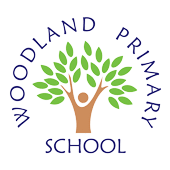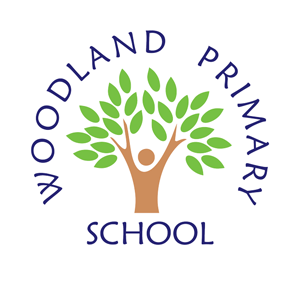Our Foundation Stage
At Woodland Primary School; in the Early Years Foundation Stage, we welcome every child and aim to meet their needs by providing a rich and diverse curriculum. Our learning environment is secure, warm and happy and supports children as they develop and grow.
In designing the curriculum for our EYFS children we have embraced the seven key features of effective practice…
- We want the best for every child, and realise all children deserve to have an equal chance of success
- We pride ourselves on providing consistent and high-quality care for our children in the enabling environment and through adult interactions
- Our curriculum Long Term Plan covers everything the children need to know overtime in a carefully sequenced plan from the beginning of Nursery to the end of Reception. Our Medium and Short-term planning is story based and has language development at its core
- We understand effective pedagogy is a mix of different approaches and that children learn through play, by adults modelling, by observing each other, and through guided learning and direct teaching
- We continually assess our children as we teach and play alongside them using our knowledge of child development. We check what children have learnt and where children are not on-track, give extra support
- Our team recognises the importance of providing children with the skills to develop Self-regulation and executive function. We use Characteristics of effective learning to support our planning.
- Our partnership with our parents is key to our children being able to thrive in the early years. We recognise that parents have a significant impact on their child’s learning and strive to support them in as many ways as we can
Our Curriculum is based on the Development Matters document which gives statements for the typical development of children.
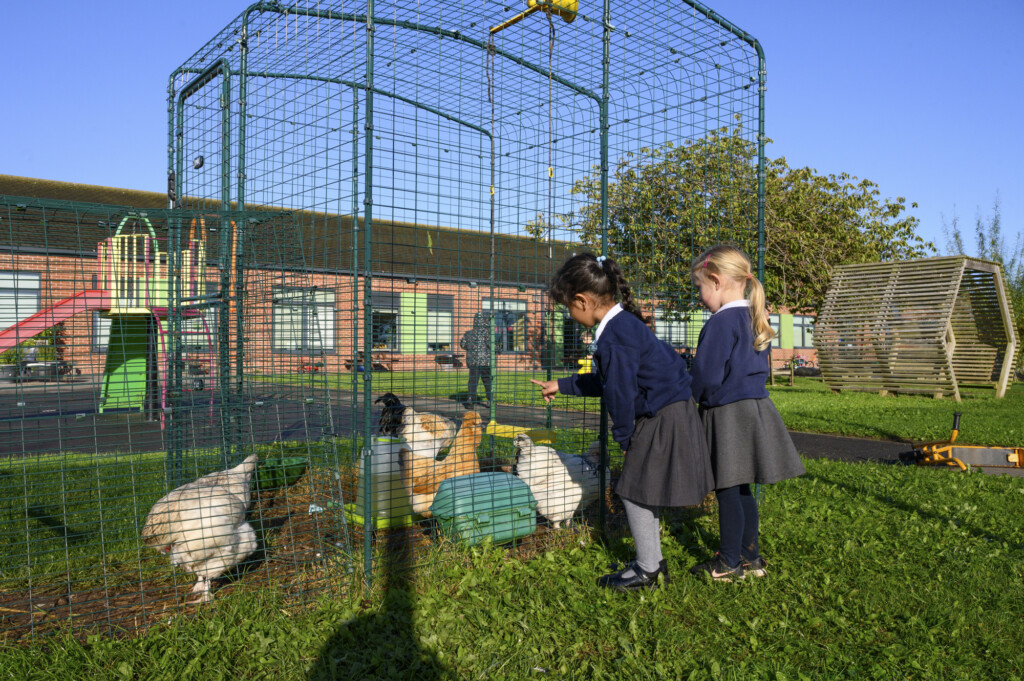
We aim to include the following areas within the Nursery and Reception classrooms.
• writing opportunities within the environment, containing various writing implements and papers as well as envelopes and examples of good writing
• a book corner containing a range of fiction, non-fiction, poetry and class-made books
• a maths resource area which allows children to select appropriate items to help them solve practical problems
• a creative area containing resources for a range of art, design, music and technology activities
• a construction area containing resources for developing fine motor skills, social interaction and problem solving
• a small world area which allows children to extend fine motor skills, engage in imaginative play and develop language
• an area for sand, malleable materials (e.g. play dough) and water play, where children can engage in practical investigations
• a role play area which can be developed along themed line to cover several aspects of learning in “real life” scenarios.
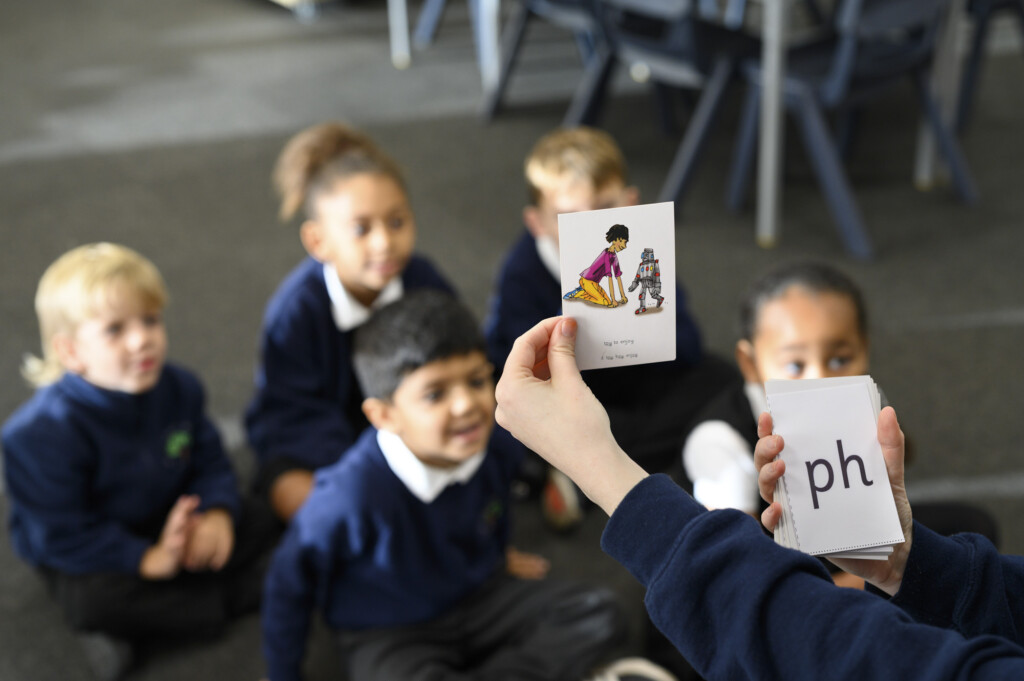
The outside area is seen as an extension of the classroom and the above opportunities will be available outside as well as inside. Through all of our strands we aim to develop the children as they Play and Explore, be an Active Learner and to have Creative and Critical Thinking. The staff are constantly assessing the children in their everyday activities, play and through more focussed work.
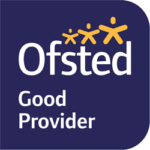
Personal Development: Pupils are encouraged to be independent from an early age and take care in presenting their work. They enjoy participating in various clubs and activities, including sporting competitions and educational visits.

Positive Environment: The school’s environment fosters respect and support among pupils and staff. Pupils are encouraged to develop good manners and social skills, contributing to a positive school culture.

Leadership and Ambition: School leaders are noted for their ambition and effective work in improving the school. Their efforts have resulted in a good quality of education for the pupils.

Support for SEND: Pupils with special educational needs and/or disabilities (SEND) are quickly identified and well-supported, achieving good outcomes as a result.

Overall Effectiveness: The school was rated ‘Good’ in all categories, including quality of education, behaviour and attitudes, personal development, leadership and management, and early years provision.

Safeguarding: The school has effective safeguarding measures in place. Staff are well-informed and confident in identifying and addressing potential risks to pupils. Pupils are knowledgeable about staying safe, particularly online.

Quality of Education: Pupils receive strong support in learning to read quickly and achieving well. The curriculum is well-planned and effective, particularly in the early years and mathematics. Teachers and teaching assistants are well-trained and provide clear explanations and encouragement.

Behaviour and Attitudes: Pupils exhibit respectful relationships with adults and move around the school sensibly. They are confident in seeking help from staff if needed, and bullying is rare. Pupils listen attentively to teachers and engage in class discussions.
